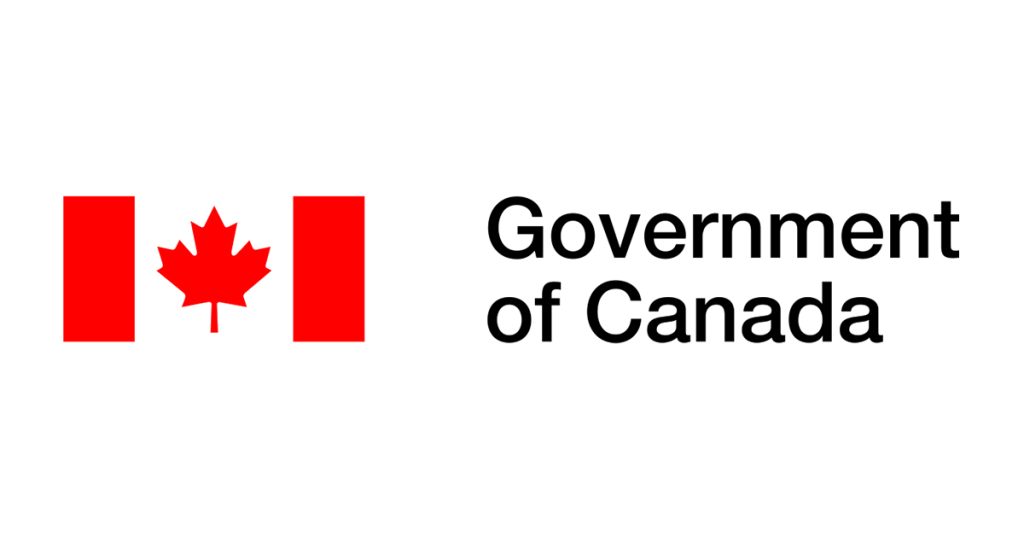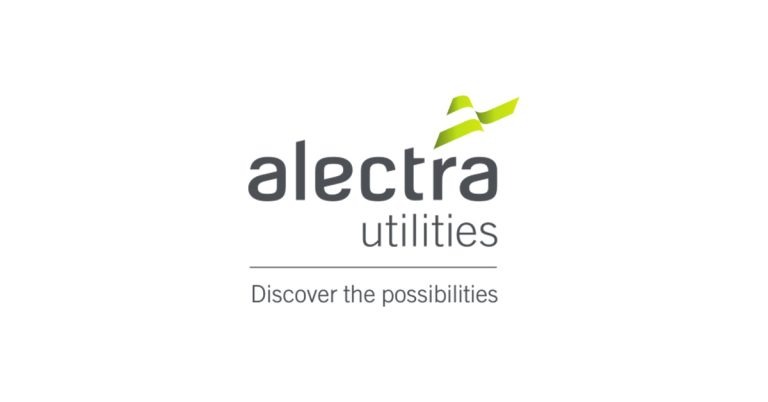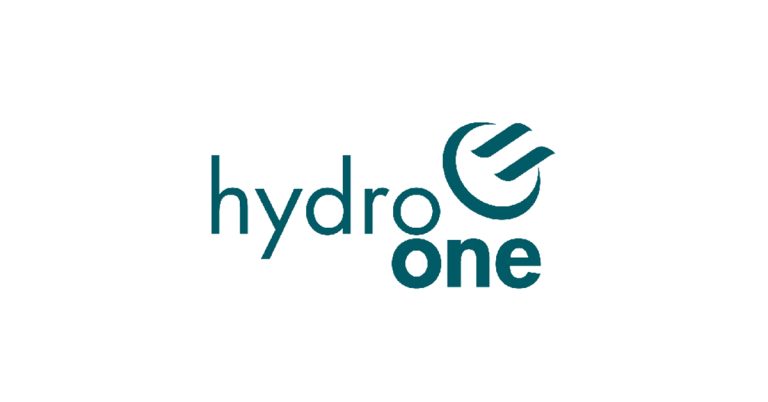Canada Cuts Carbon Pollution With Funding for Glencore Canada Corporation Project

May 16, 2024
Canada’s pollution pricing system creates incentives for industries to reduce their greenhouse gas emissions, drives innovation and sustainable business practices, and fosters a cleaner, more environmentally responsible future.
Through the Decarbonization Incentive Program, the Government of Canada returns a portion of the proceeds collected from the federal pollution price on large industrial emitters to support clean technology projects. This funding will enable eligible facilities to achieve greater energy efficiency, adopt sustainable solutions, and reduce their emissions to help build a low‑carbon world.
Today, on behalf of the Honourable Steven Guilbeault, Minister of Environment and Climate Change, Marc G. Serré, Parliamentary Secretary to the Minister of Energy and Natural Resources and to the Minister of Official Languages, and Viviane Lapointe, Member of Parliament for Sudbury, announced funding of up to $11 million from industrial pollution pricing proceeds for Glencore Canada Corporation to replace diesel-powered machinery with battery electric-powered equipment at the Craig Mine Onaping Depth Project in Ontario. The fully implemented project will result in a reduction of over 5,500 tonnes of greenhouse gas emissions in 2030.
When using diesel-powered machinery in a mine, fresh air must be provided to the workplace by a ventilation system to ensure pollutants from diesel combustion do not build up to harmful levels, and to cool the workplace. This project will reduce greenhouse gas emissions and heat generation caused by the diesel-powered equipment, providing workers and surrounding communities with a safer, cleaner, and healthier environment.
By reinvesting pollution pricing proceeds in businesses, the Government of Canada is supporting their efforts to transition to lower-cost, renewable energy sources. Ultimately, this will benefit Canadians and communities across the nation, as cleaner air and reduced emissions contribute to improved health and well-being for all citizens.
The Government of Canada remains committed to addressing climate change and recognizes the leadership role that industries play in driving meaningful environmental solutions. Through partnerships and projects like these ones, the Government of Canada can accelerate collective efforts to build a sustainable and prosperous future for all Canadians.
Quotes
“Every sector of Canada’s economy needs to contribute to the climate fight by reducing carbon emissions. It is the right thing to do for our health, the health of our planet, and the health of Canada’s economy. Through the Decarbonization Incentive Program, we are empowering Canadian corporations to lead the way in fighting climate change. This investment in Glencore Canada Corporation’s project to cut pollution demonstrates the Government of Canada’s commitment to fostering innovative climate solutions and collaborating with Canada’s industrial sectors as we build a low-carbon world. Together, we can create a cleaner, healthier, and more prosperous future for all Canadians, including our children and grandchildren.”
– The Honourable Steven Guilbeault, Minister of Environment and Climate Change
“This federal investment will positively benefit the environment, protect workers from harmful pollution, and help Canada reach its net-zero goals. I commend Glencore for their continued commitment to reducing emissions and prioritizing projects like this one. Northern Ontario’s mining sector continues to be a leader the green energy transition! Congratulations to all, I look forward to seeing the positive impacts at the Craig Onaping Depth mining expansion project.”
– Marc G. Serré, Parliamentary Secretary to the Minister of Energy and Natural Resources and to the Minister of Official Languages
“The Decarbonization Incentive Program enables industries, like mining, to foster a cleaner, more sustainable approach to resource extraction, while also paving the way for a greener future. This program encourages industry leaders to innovate and reduce their carbon footprint, demonstrating that responsible industry practices can lead to economic growth and prosperity. I applaud Glencore Canada for being a leader in our transition to a low carbon future and creating a more sustainable future for Sudbury.”
– Viviane Lapointe, Member of Parliament for Sudbury
“We are grateful to be recognized for merits and awarded Decarbonization Incentive Program funding from the federal government. This significant funding will help accelerate the adoption of green battery electric vehicle technology at our Craig Mine Onaping Depth Project, which is currently under construction. Transitioning to electric mining vehicles reduces greenhouse gas emissions from mining machinery and mine ventilation and supports not only Glencore’s climate change goals and targets, but also municipal, provincial, and federal climate change plans.”
– Peter Xavier, Vice President, Glencore’s Sudbury Integrated Nickel Operations
Quick facts
- The Decarbonization Incentive Program is comprised of proceeds collected from all industrial sectors, other than the electricity sector, that are covered by the federal Output-Based Pricing System (OBPS). These proceeds are being returned to support clean technology projects through funding agreements with industrial facilities that are (or were) subject to the OBPS.
- The OBPS is designed to ensure there is a price incentive for large industrial emitters to reduce their greenhouse gas emissions and spur innovation, while maintaining international competitiveness and minimizing carbon leakage.
- Emissions limits are set for each facility subject to the OBPS. Facilities that emit above their limit have to pay for their excess emissions. Those who emit less than their limit are issued surplus credits they can sell or save to use later. This creates a financial incentive for less-efficient facilities to reduce their emissions, and for strong performers to continue to improve.
- The OBPS helps to maintain competitiveness for industries by protecting against the risk of industrial facilities moving from one jurisdiction to another to avoid paying a price on carbon pollution (known as “carbon leakage”).
- The Government of Canada committed to return proceeds collected from the OBPS to jurisdictions of origin. Provinces and territories that have requested the federal OBPS can opt for a direct transfer of proceeds collected. Proceeds collected in jurisdictions where the backstop applies or applied, thus far from Manitoba, New Brunswick, Ontario, and Saskatchewan, are being returned through the two program streams of the OBPS Proceeds Fund.








